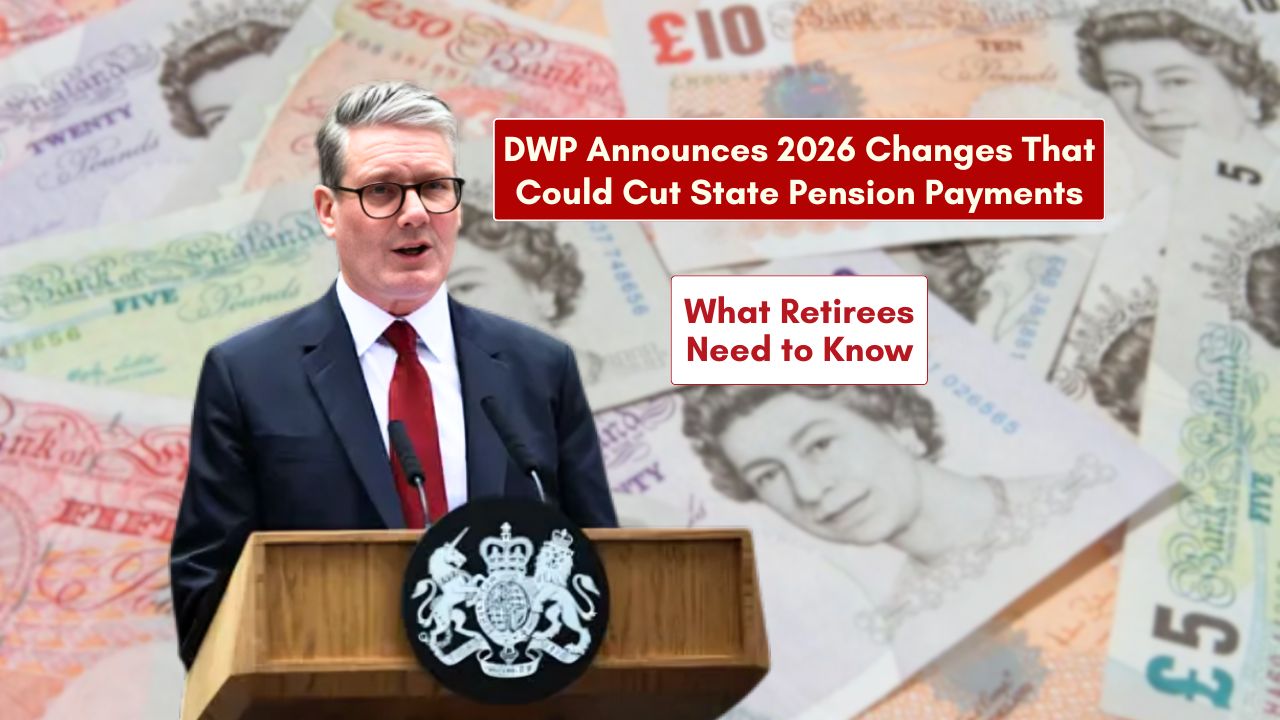The UK government’s proposed changes to Personal Independence Payment (PIP) and Universal Credit (UC) are now facing major delays. Initially set to roll out sooner, these reforms have been postponed due to political resistance, public backlash, and logistical hurdles.
But make no mistake—these changes are still on the table, and they’re expected to affect over 150,000 claimants once implemented.
Let’s break down what’s going on, what’s changing, and how it could affect you or someone you care for.
Introduction
PIP is a benefit that helps people aged 16 to 64 manage the extra costs of living with long-term health conditions or disabilities. Universal Credit is a broader benefit for individuals and families with low income, combining several previous welfare programs into one streamlined system.
Together, these benefits support millions across the UK. But changes to both are now in limbo—and that uncertainty is leaving many claimants uneasy.
Delays
Originally, these reforms were expected to begin before 2025. Now, the public consultation has been extended to June 30, 2025, with legislative action delayed until July 2025. Full implementation is unlikely until sometime in 2026.
Here’s a quick look:
| Key Topic | Details |
|---|---|
| Implementation Delay | Legislative rollout postponed to July 2025 |
| Consultation End Date | June 30, 2025 |
| Groups Affected | Over 150,000 people, including carers and disabled claimants |
| Main Concerns | Cuts, stricter criteria, and increased reassessments |
The reasons? Political pressure, pushback from disability rights groups, and concerns about fairness and timing.
Resistance
There’s been widespread opposition to the proposed changes. More than 100 Labour MPs have spoken out, and disability rights groups like Disability Rights UK are calling for delays and deeper impact assessments.
Critics say the reforms could increase poverty, reduce independence, and strip away critical support—especially for people with invisible or fluctuating conditions.
PIP Changes
What exactly is the government proposing for PIP? Here are the key reforms:
Stricter Eligibility
Claimants will need to score at least 4 points in a single daily living task to qualify for support. That’s a shift from the current system, which allows for a broader range of scoring across multiple areas.
This change could disqualify many people with milder conditions, despite their ongoing struggles with daily life.
Carer’s Allowance Risk
If a disabled person loses eligibility for PIP under the new criteria, their caregiver may also lose Carer’s Allowance. Up to 150,000 carers are expected to be affected, raising serious concerns about support for unpaid caregivers.
New Assessment System
The DWP is planning to phase out the Work Capability Assessment (WCA) and replace it with a new system more aligned with PIP evaluations. While this might simplify the structure, it could also lead to more frequent, stressful assessments.
Real-Life Example
Think of someone with moderate anxiety or chronic pain. They may manage most days but still need support with certain activities. Under the new system, if their condition doesn’t score at least 4 points in one category, they could lose their benefit entirely.
Universal Credit Changes
Changes to UC are no less serious—and could mean real financial losses for people with health conditions.
Health Element Freeze
For existing claimants, the health element of UC will be frozen at £97 per week starting in April 2025, lasting until 2030. For new claimants, that rate drops to just £50 per week in April 2026.
That’s a 48% cut for new applicants—impacting their ability to pay for basic needs like food, medication, and utilities.
WCA Replacement
Just like with PIP, the WCA will be scrapped under UC too. The new process will use a PIP-like model, requiring more detailed health evaluations and likely increasing the frequency of reassessments.
Real-Life Consequence
Imagine someone recently diagnosed with a chronic illness, relying on UC to cover prescriptions and transportation to medical appointments. With the new health element cut, they could be forced to choose between essential care and basic necessities.
Consultation
The consultation period gives the public and advocacy groups time to respond—but many argue it’s not enough. Critics want the DWP to reconsider the pace and depth of these changes and demand more clarity about how vulnerable people will be protected.
If you’re a claimant or carer, now is the time to make your voice heard. Submitting feedback during the consultation period can influence how these reforms are shaped.
What’s Next?
Here’s what you should do if you’re on PIP or UC:
- Stay informed: Follow updates from the DWP, Disability Rights UK, and other advocacy groups.
- Prepare documents: Keep your health and benefit documentation updated in case of a reassessment.
- Submit feedback: If the reforms could affect you, use the consultation process to share your story.
- Seek advice: Talk to Citizens Advice, Scope, or welfare advisors to know how to protect your benefits.
FAQs
When will the PIP and UC changes happen?
Legislation is planned for July 2025, with full rollout likely in 2026.
Who is affected by the new PIP rules?
Claimants aged 16–64 with mild or moderate conditions may be most affected.
How much is the UC health element being cut?
It drops from £97 to £50/week for new claimants in April 2026.
Can carers lose their allowance?
Yes, if the person they care for loses PIP, they may lose Carer’s Allowance.
What can I do now to prepare?
Stay informed, prepare documents, and submit feedback before June 30, 2025.




















